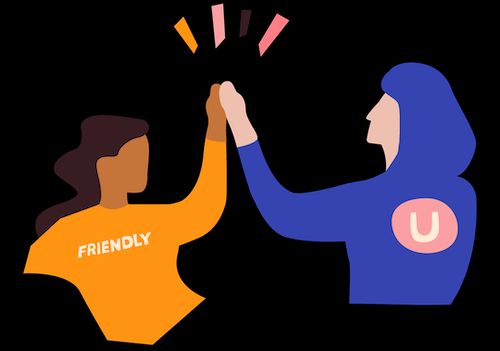Tell us a little about yourself
My name is Kimberly Blessing and I’m a web developer, technical architect, and people leader. I’ve been building websites since 1994, starting with sites for various musicians and my university before moving on to work with large companies like AOL and PayPal. I have spoken at conferences, written books, and taught web developers for many years, and I’ve also served on the World Wide Web Consortium CSS working group. For the past 10 years, I’ve worked in consulting and digital agencies to help a wide variety of clients create a useful, accessible, and delightful web experience for their customers.
How did you come across Umbraco?
I lead the development team at Dog Digital in Glasgow, Scotland. We’ve been an Umbraco Gold Partner for many years and use the platform to implement various types of sites for clients across a wide range of industries. Right now, we’re very interested in Umbraco Cloud and Umbraco Heartcore, which will allow us to move away from hosting and platform support and focus more on building innovative sites and progressive web apps for our clients.
When you decided to enter this industry, were you concerned about facing prejudice as a woman? If yes, what were your concerns?
I have been writing code since I was 5 and have had jobs involving tech since I was 16, so I never really thought about entering the industry -- tech has always been around me and I have always been a part of it. I was fortunate to come across many supportive individuals who coached me and were cheerleaders for me; their encouragement sustained me whenever I did encounter anyone who tried to discourage me in my pursuits.
What do you think would help increase gender diversity in the tech community?
Employers of tech folks (not just tech companies, but governments, schools, etc.) need to demonstrate a greater commitment to equity and inclusion for all: through their business practices, standards of conduct, processes surrounding hiring and review/promotion, and through the benefits they offer. The organisations that demonstrate a more level playing field are better at attracting and retaining a more diverse workforce.



